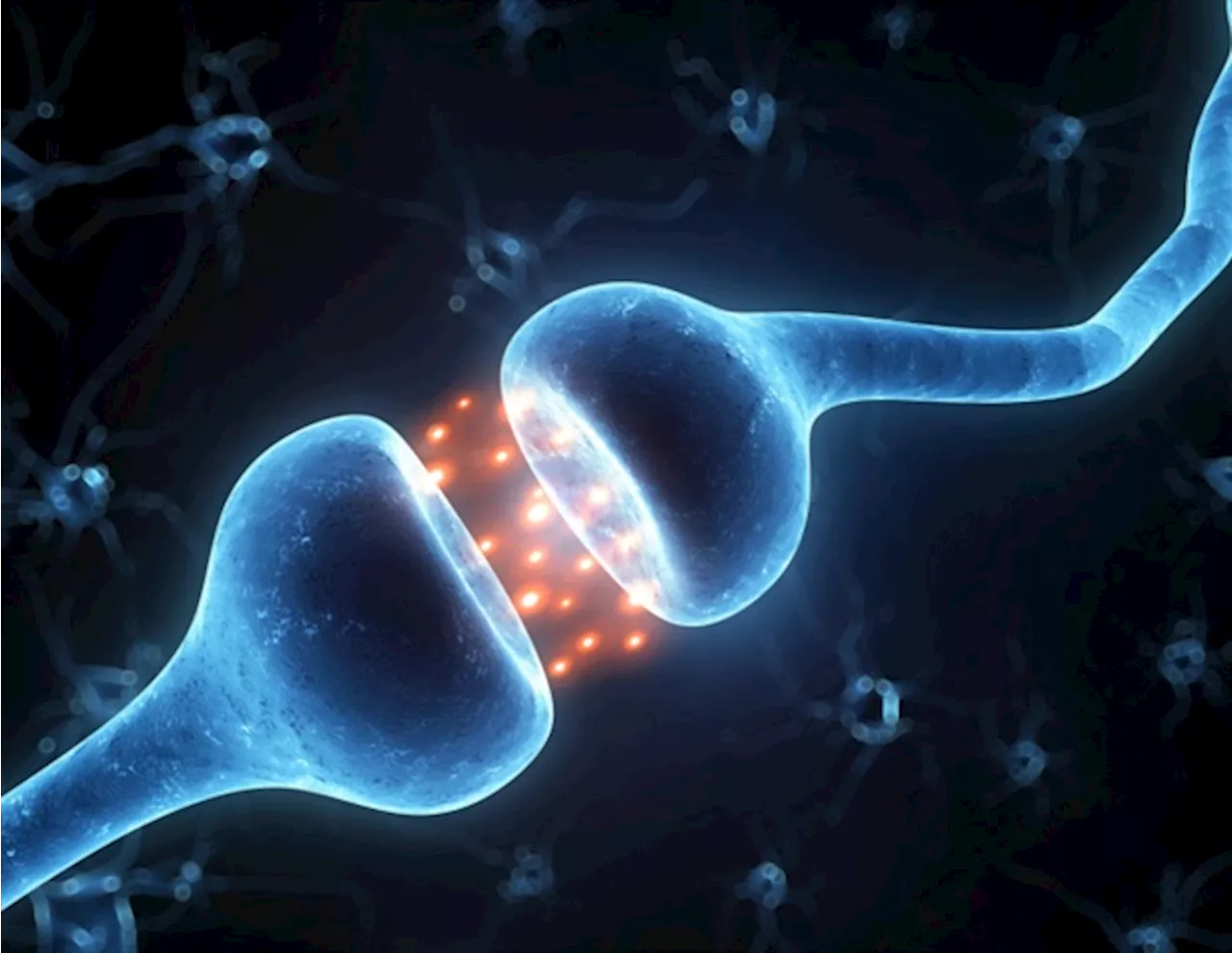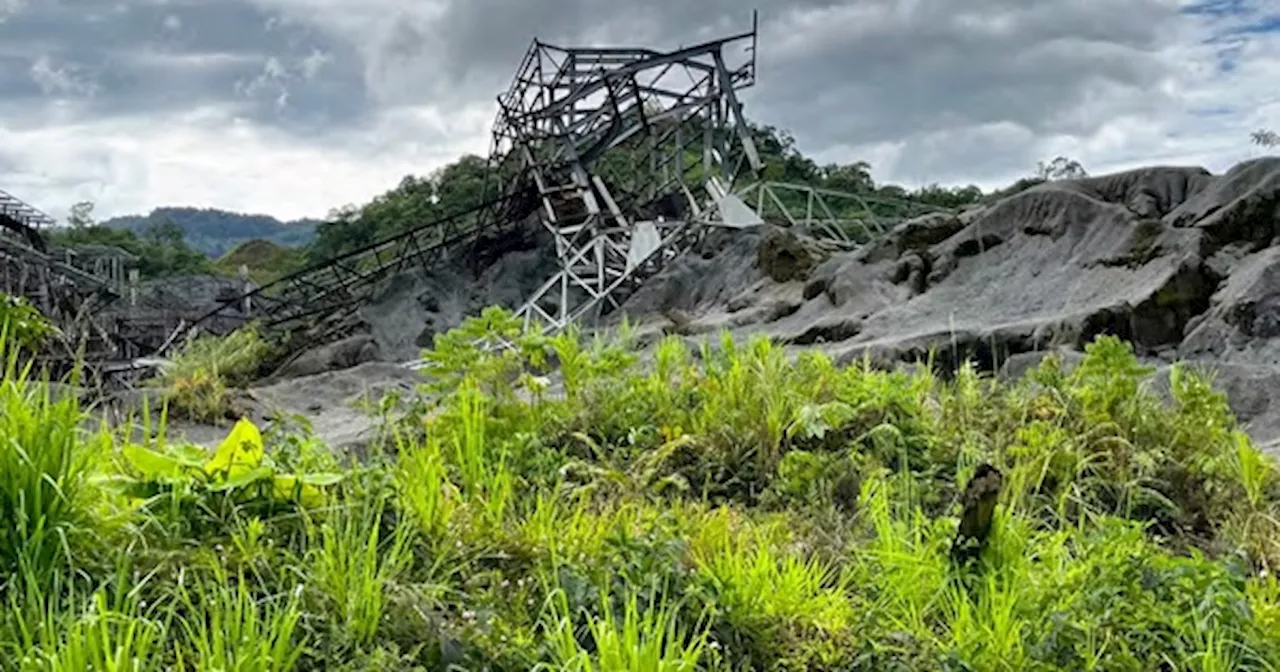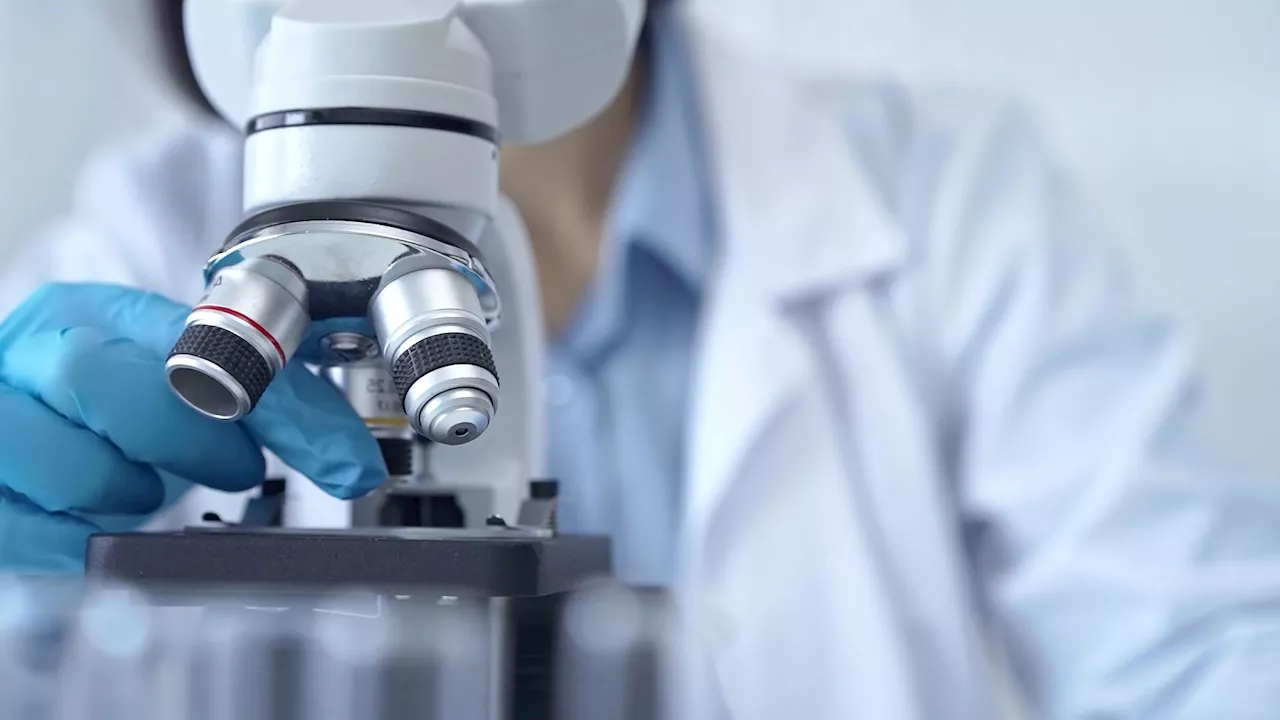The study on mirror bacteria highlights risks of immune evasion and ecological threats, calling for collaboration to ensure safe synthetic biology practices.
By Dr. Chinta SidharthanReviewed by Lily Ramsey, LLMDec 16 2024 A groundbreaking study evaluates the feasibility, risks, and ethical considerations of creating mirror bacteria with reversed chirality, highlighting potential threats to health and ecosystems.
Furthermore, the creation of mirror organisms, such as mirror bacteria, represents a significant advancement in biological engineering that can combine these mirror-image biomolecules into viable life forms. About the study The present study analyzed the feasibility and risks associated with creating mirror bacteria using mirror-image biomolecules. The team, consisting of experts in synthetic biology, immunology, ecology, and biosecurity, assessed the technical challenges and potential hazards of mirror life.
Results The study reported that mirror bacteria could evade immune responses and disrupt ecosystems, posing significant risks. These organisms were expected to resist common immune mechanisms, such as antigen presentation and antibody production, potentially allowing unchecked growth. Vertebrate immune systems, which rely on these mechanisms, would likely be ineffective against mirror pathogens. Invertebrates and plants may also experience compromised immune responses.
Antigen Bacteria DNA Nutrients Ribonucleic Acid RNA Synthetic Biology
United Kingdom Latest News, United Kingdom Headlines
Similar News:You can also read news stories similar to this one that we have collected from other news sources.
 Facial Aging and Wrinkles May Signal Early Dementia Risks: New StudyA study from Chinese researchers indicates that wrinkles and facial aging could be early signs of cognitive decline and dementia. The research, published in Alzheimer’s Research and Therapy, suggests that people perceived as looking older than their actual age have a significantly higher risk of developing dementia and Alzheimer’s disease.
Facial Aging and Wrinkles May Signal Early Dementia Risks: New StudyA study from Chinese researchers indicates that wrinkles and facial aging could be early signs of cognitive decline and dementia. The research, published in Alzheimer’s Research and Therapy, suggests that people perceived as looking older than their actual age have a significantly higher risk of developing dementia and Alzheimer’s disease.
Read more »
 Study reveals varied risks of hormone treatments for menopausal symptomsResearchers at Uppsala University have analyzed the effects of seven different hormone treatments for menopausal symptoms on the risk of blood clots, stroke and heart attack.
Study reveals varied risks of hormone treatments for menopausal symptomsResearchers at Uppsala University have analyzed the effects of seven different hormone treatments for menopausal symptoms on the risk of blood clots, stroke and heart attack.
Read more »
 New Study Reveals Risks of Air Pollution and Temperature Extremes for Bronchiectasis PatientsRecent research highlights the increased risks faced by bronchiectasis patients due to short-term exposure to air pollution and temperature extremes. The study underscores the critical need for protective measures for vulnerable groups, emphasizing the impact on mortality rates.
New Study Reveals Risks of Air Pollution and Temperature Extremes for Bronchiectasis PatientsRecent research highlights the increased risks faced by bronchiectasis patients due to short-term exposure to air pollution and temperature extremes. The study underscores the critical need for protective measures for vulnerable groups, emphasizing the impact on mortality rates.
Read more »
 Study identifies hidden chemical risks in household productsSouthwest Research Institute (SwRI) collaborated with the Environmental Protection Agency (EPA) to characterize the chemical makeup of 81 common household items. Researchers also evaluated the potential risk to users.
Study identifies hidden chemical risks in household productsSouthwest Research Institute (SwRI) collaborated with the Environmental Protection Agency (EPA) to characterize the chemical makeup of 81 common household items. Researchers also evaluated the potential risk to users.
Read more »
 Panguna study warns of risks to health and environmentRio accepts recommendation for urgent work and more monitoring in Bougainville
Panguna study warns of risks to health and environmentRio accepts recommendation for urgent work and more monitoring in Bougainville
Read more »
 Study shows benefits of nature for children's mental healthA team of researchers from McGill and Université de Montréal's Observatoire pour l'éducation et la santé des enfants (OPES, or observatory on children's health and eduation), led by Sylvana Côté, found that spending two hours a week of class time in a natural environment can reduce emotional distress among 10- to 12-year-olds who had the most...
Study shows benefits of nature for children's mental healthA team of researchers from McGill and Université de Montréal's Observatoire pour l'éducation et la santé des enfants (OPES, or observatory on children's health and eduation), led by Sylvana Côté, found that spending two hours a week of class time in a natural environment can reduce emotional distress among 10- to 12-year-olds who had the most...
Read more »
